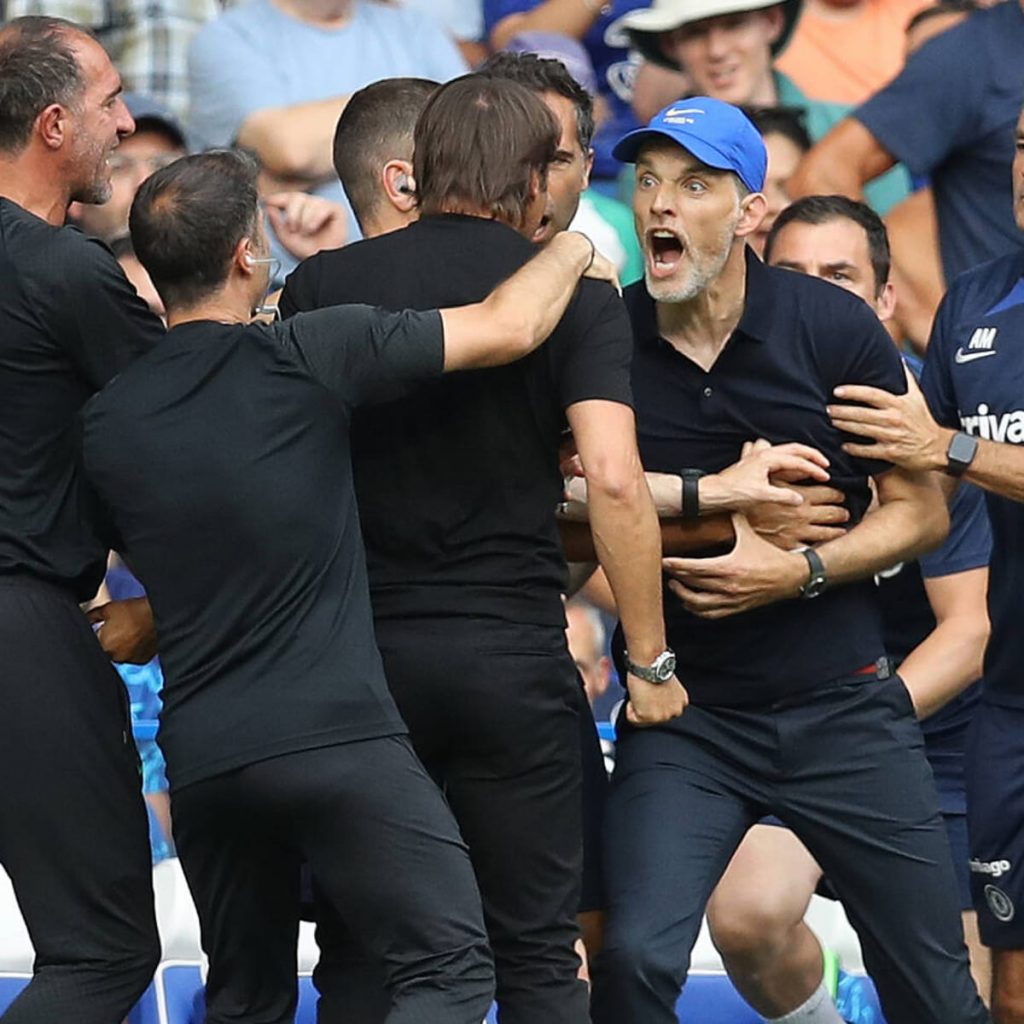Before Liverpool drew against Crystal Palace, manager Jurgen Klopp remarked that a week in football is like ten years.
Considering the result left them winless after their first two league games, the following week must have felt like 100.
It seems absurd to say Liverpool are now behind in the title race, but this is the reality. The demands of competing with Manchester City are so high, the current four point deficit could be the difference. This is why there was an excessive emotionality about the Palace game, despite the fact it’s still only August.
At their best, Klopp’s Liverpool play with their heart on their sleeves. They are capable of rip-roaring performances, particularly at home, where they can feed off the sentiment of the Anfield crowd.
Read: Writing On The Wall For Southampton Manager Ralph Hassenhuttl
As high as this can take them, it can also result in incredible lows. Just look at the season before last when they had bad luck with injuries. Once things started to go against them Liverpool were stultified, and slumped to a fourth place finish. The blow of losing the title last season followed them into the Champions League final, which they lost.
They’re a fiery, indignant bonfire of a team that burns through the stormy night and dies at dawn.
Football is and should remain a game of emotions, but when do these emotions start to work against you? Arsenal’s All Or Nothing Documentary is instructive in this respect.
Read: Arsenal Are An Example For United, But Will ten Hag Get Time?
Arsenal have begun this season still riding the high of the last, in which a fresh young team forged new bonds with its fanbase.
An impressive feat, considering last season ended in the most horrific way possible for them as they lost out on a Champions League place to Tottenham.
Make no mistake, Mikel Arteta has done stupendous work to foster such a buoyant atmosphere at an Emirates Stadium which even the most die-hard of supporters dreaded attending around the disintegration of the Arsene Wenger era. However as Aaron Ramsdale admits in the documentary, both Arteta and the team got too caught up in it.
Want to bet on the Premier League? See our reviews section to find the best markets for you!
Their tactics in the crushing 3 – 0 defeat at Tottenham which effectively ended their season were driven by emotion. They wanted to really go for Tottenham. They wanted to take the glory shot.
The problem was, half their players were injured. They weren’t capable of going for Tottenham. Perhaps a more calculating manager would have played for a draw and secured 4th in the two remaining games.
Similarly, the rather disgraceful behaviour by players and managers alike at Stamford Bridge last weekend was driven by emotion.
Thomas Tuchel celebrated Chelsea’s second goal like a madman and probably jinxed them in doing so. Spurs manager Antonio Conte showed more restraint, but only because his team never had the lead.
Chelsea unquestionably deserved to win that game, but Tuchel’s premature ejaculation motivated Spurs. In the end, neither team was satisfied and everyone had a row.
Read: Chelsea VS Tottenham Outlines Tightrope Of Premier League Refereeing
The truth is, football is like this most of the time. It can’t be Christmas every day. Every fan remembers the first time their team let them down, and our bonds with these teams are forged by excruciating sorrow.
We are all trauma-bonded to this game, and we wouldn’t have it any other way.










